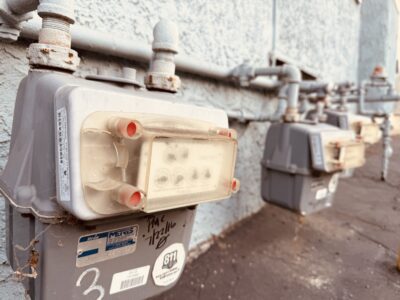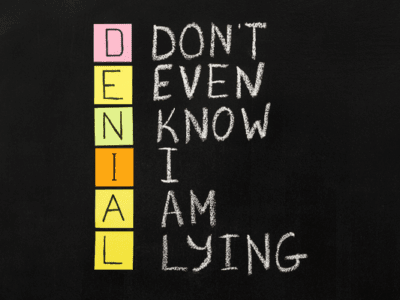Some Overdue Environmental Justice In Time for Shavuot
 The Jewish festival of Shavuot, which begins at sundown this evening, commemorates the Israelites’ receiving of the Torah at Mt. Sinai. Shavuot is thus the paradigmatic lawyers’ holiday given its focus on law and justice. This connects nicely with the other two great pilgrimage holidays found in the Jewish Bible, giving us a trinity (so to speak) of three themes: Passover (Freedom); Shavuot (Justice); and Sukkot (Peace).
The Jewish festival of Shavuot, which begins at sundown this evening, commemorates the Israelites’ receiving of the Torah at Mt. Sinai. Shavuot is thus the paradigmatic lawyers’ holiday given its focus on law and justice. This connects nicely with the other two great pilgrimage holidays found in the Jewish Bible, giving us a trinity (so to speak) of three themes: Passover (Freedom); Shavuot (Justice); and Sukkot (Peace).
And a little bit of environmental justice came to the Holy Land a few days ago, as the Internal Affairs and Environment Committee of the Knesset (Israeli Parliament) and the Environmental Ministry finally set forth new regulations for fine particulate matter, known to lawyers as PM 2.5. These particles are breathed deeply into the lungs, where they cause terrible respiratory problems. PM 2.5 particularly affects children (who are more sensitive) and low-income people (who live closer to the sources of fine particulates), thus making it of particular interest (so to speak) for environmental justice activists.
Just several days after the height of Lag Ba’omer air pollution, the Knesset Internal Affairs and Environment Committee unanimously approved stricter air-quality standards that will save 700 lives annually, the Environmental Protection Ministry said…
“We are taking care of – today – our children and grandchildren’s futures,” said Environmental Protection Minister Amir Peretz. “The new regulations will save lives and will bring Israel up to the most advanced standards in the world.”
For the first time ever, Israel is establishing a standard for permissible concentrations of tiny respirable PM 2.5 particles, which have become infamous globally as one of the most significant air pollutants in terms of public health, according to the ministry.
The new PM 2.5 standard for Israel will be 25 micrograms per cubic meter – the average level for the country – and will match the European standard for this particle’s presence.
700 lives might not seem to be very much, but consider that Israel is a small country — only 8 million people. Multiply it by 35 and you get what would be the impact in the United States — closer to 24,500 lives.

The 25 microgram level is high by US standards, but the dust storms that come out of the desert make lowering it to US standards impracticable. As always, whenever something good environmentally is happening in Israel, the Israel Union for Environmental Defense — Adam Teva V’Din (which I am affiliated with through Friends of Israel’s Environment) was in the middle of it:
No new factories, roads, quarries or other sites that cannot comply with the regulations will be approved for future construction, the office said.
“These regulations are an important step in improving air quality and protecting public health,” said Dr. Arie Wenger, head of the air and energy department at Adam Teva V’Din (Israel Union for Environmental Defense).
Even though Israel is a developed nation by many standards, when it comes to environmental policy it lags far behind other OECD nations. For so many years, security concerns essentially suppressed discussion of any other national problem. Those other problems are becoming so acute that they can no longer be ignored, but many governmental institutions lack the appropriate capacity to deal with them. That’s why organizations like Adam Teva V’din (or, if you are keeping score at home, אדם טבע ודין) are so important: they provide the technical expertise that many in the government lack, particularly on environmental justice issues where it has really been a pioneer.
Virtually no one on the Committee had any knowledge of the issue: its chair, Miri Regev, is a former IDF spokeswoman known better for claiming that Sudanese immigrants are “a cancer in our body.” It’s good that she is now chair of the Committee with jurisdiction over the environment — she wants cancer? She’ll find out about it a lot serving on that committee. MK Regev was gracious at the end of the hearing, saying “It’s all thanks to Adam Teva for explaining all this. I learned a lot today.”
Of course, you should always reward good behavior. And have a wonderful Shavuot — it’s traditional to eat cheesecake!







Reader Comments